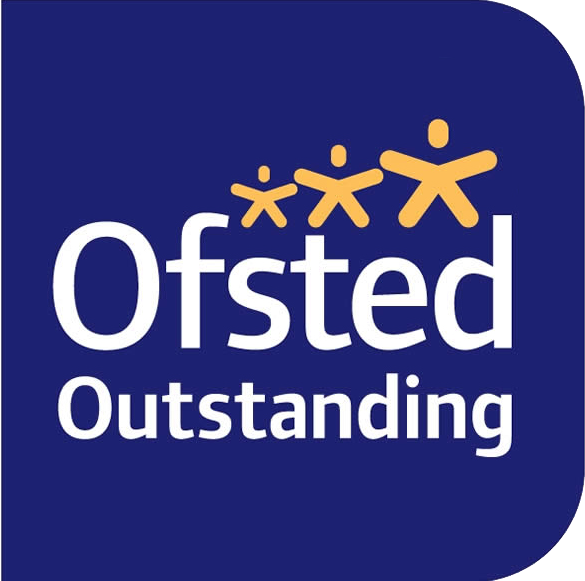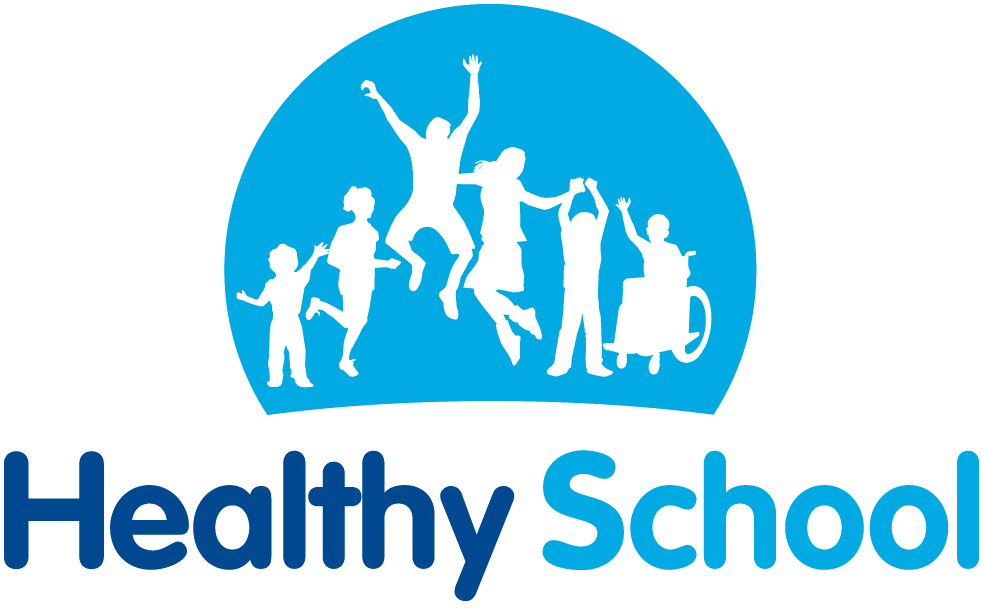Intention
Food Preparation and Nutrition allows pupils to explore their creativity using a range of materials and techniques. For pupils have the opportunity to design and make products that respond to a wide variety of problems within a range of contexts. For pupils to become competent in a range of cooking processes such as selecting and preparing ingredients, using utensils and electrical equipment and how to adapt their own recipes. For pupils to understand the importance of healthy eating and the principles of nutrition. To develop their knowledge of Food around the World and different cultures.
GCSE Food Technology is broad & balanced allowing pupils to develop their knowledge and skills in areas such as Development of Designing and Making Skills, Materials and Components, Design and Market Influences and Processes and Manufacture.
Implementation
Through well planned Food Technology lessons pupils will be taught the about healthy diets and healthy lifestyles
To give the pupils opportunities to select ingredients and equipment independently and adapt recipes to meet a set criteria.
During the Food Technology rotation pupils are taught the importance of healthy eating and the principles of nutrition.
Teach pupils the techniques to produce dishes following the healthy eating guidelines
Teaching the pupils how to use and adapt recipes to suit different and varying needs.
Making a range of predominately savoury dishes, pupils are encouraged to explore flavours and textures whilst learning a variety of cooking techniques.
Whilst studying the GCSE course pupils will become more creative within the making of their food products and learn how to evaluate them so they can improve even further. Pupils will also have the opportunity to learn how to plan and organise meals thus developing their skills for later life.
Impact
- To apply the principles of healthy eating and good nutrition in everyday life
- To learn about food, how to prepare it and the principles of a healthy diet
- To understand where food comes from
- To understand seasonality and to know where and how a variety of ingredients are grown, reared, caught and processed
- To understand the importance of food hygiene and safety, including getting their food preparation area ready and clearing up afterwards
- To explore and use a range of equipment and to understand the importance of safe food storage and use
- To have a better understanding of other cultures and food in different countries.
- To be able to budget and create nutritional, everyday foods
- To be able to access a wide variety of local shopping amenities
Overview
Teacher: Mrs McDougall
Food Technology lessons are delivered to Key Stages 3 & 4 up to GCSE and BTEC level.
- Design Technology is split into two main areas – Food Technology and Resistant Materials.
- Key Stage 3 pupils are taught on a rotation between Food Technology and Resistant Materials with the exception of Year 9 who have both subjects all year.
- At KS4 pupils are offered the opportunity to choose one discipline.
Courses currently on offer are:
- GCSE Food Preparation & Nutrition
- BTEC Level 1 / Level 2 Home Cooking skills
- Let’s Get Cooking
Key Stage 3 pupils in Food Technology follow a course that allows them to develop practical skills and gain nutritional knowledge. The course encourages pupils to develop life skills that can be transferred to home e.g following a recipe, budgeting, Health & Hygiene.
In Food Technology Key stage 4 pupils follow the GCSE course, they complete coursework and a written examination. The pupils are given a choice for their first coursework assessment but the second set of coursework is set by the exam board.
The BTEC course is delivered during Options time on Thursday mornings, pupil’s complete practical sessions that develop their skills, they also complete a final assessment which is set, examined and assessed in order for them to gain the award. Pupils gain skills such as meal planning, eating on a budget, shopping, catering for a family.
6th Form students study an Asdan Food Wise Short Course,they take part in practical & theory lessons, they also gain transferrable life skills e.g. hygienic practice, facts about food poisoning, use of ICT to produce coursework.
Key strengths
- Range of courses and qualifications on offer including GCSE & BTEC
- Pupil achievement
100% success rate of those entered at GCSE Food Technology for the past 8 years.
100% pass rate of those entered for BTEC last academic year. - Pupil progress / life skills offer e.g. practical skills, skills for independent living, working with others.
- Progress across all key stages is assessed on a termly basis to ensure that all pupils are making progress & pupils not making sufficient progress are identified & intervention is put into place.
- Lesson observations are good & some are outstanding, pupil feedback and evidence of pupils’ work on website
Areas for development: - Development of Textiles within the department
This is ongoing and Textiles is now offered in some Enrichment lessons.
Resources required
Update laptops for GCSE / BTEC students
Update equipment for Food Technology (baking trays, pans, graters, etc)
Outcomes for Students
Pupils monitored at 3 intervals through the year and action plans produced for low attainment / low progress & high attainment / high progress. Action Plans – provide guidance on pupils who need additional support to help them achieve their targets - Pupils progress is monitored against NC and school agreed objectives.
- Assessment tracking takes place & pupils are identified for intervention or extension work
GCSE and BTEC outcomes
Monitoring aspects
- Effective targets set & pupil progress recorded against those targets.
- Internal moderation is carried out within the DT department during meeting times. Teacher observations take place where staff can consult with each other on the delivery of their lessons, share good practice and compare assessments.
- External moderation of qualifications –BTEC / WJEC against National standards.
- Self-monitoring and work scrutiny takes place as part of performance management, adaptation have been made to pupils work booklets as a result of work scrutiny observations.
- CPD initiatives DT cluster meetings, sharing practice, visits to mainstream schools.
- DATA training – kept up to date with current curriculum changes for DT .
Curriculum development
- Maths is supported in lessons though measurement
- ICT is a strength within KS4 through coursework for GCSE Food & BTEC coursework
- Literacy is supported through the use of subject specialist words, writing up coursework, following recipes, comprehension.
- Use of homework links on school website, including links to simple recipes that can be made at home. BBC Bitesize Revision for GCSE students.
Role in relation to the whole school self evaluation - Contribution to new assessment process by providing data for pupil progress & identifying pupils who require intervention in lessons.
- Development of curriculum to suit the nature of the pupils, areas in the Food room are clearly labelled, Communicate in print symbols used (ASD)
- Supporting safeguarding process, pupils are encouraged to follow the safety rules while working in the practical area to avoid accidents.
- Supporting the development of Life skills by promoting independence & practical skills.
- Contributing work for 6th form Asdan units towards Food Wise course.








